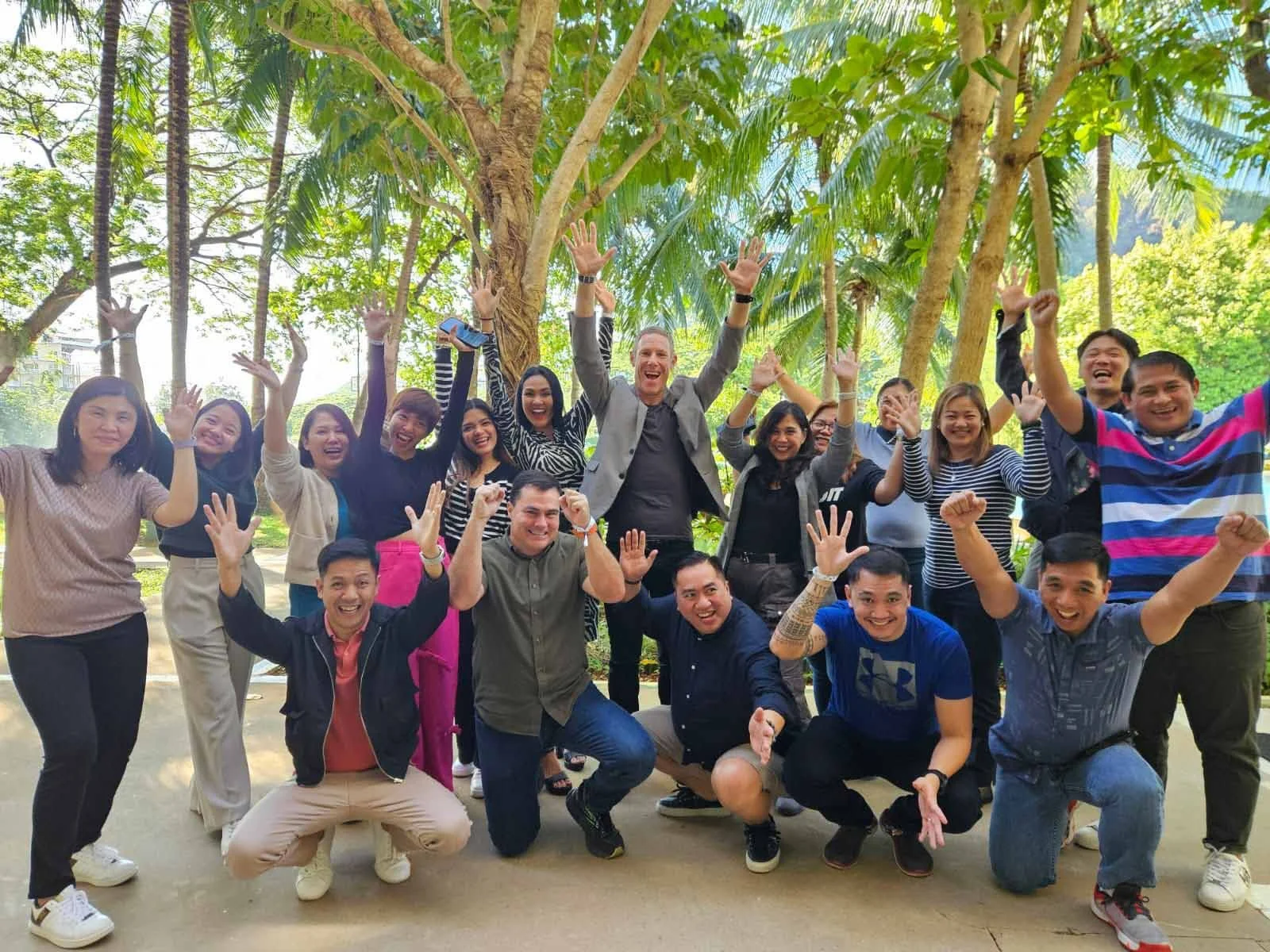Why Leaders Need a Mental Health Tribe to Thrive
Who’s in Your Mental Health Tribe?
Why Leaders Need Real Human Connection More Than Ever
by Nick Jonsson
Speaker | Executive Coach | Mental Health Advocate
Mental health isn’t just something leaders should think about—it’s something we need to take seriously, both for our work and our lives.
I’ve been through burnout myself. I know what it feels like to hit that wall, even when everything looks fine on the outside. And now, as a coach, speaker, and author working with professionals around the world, I can tell you honestly: we’re not meant to carry it all on our own, we do not thrive alone.
Yes, I’ve worked with world-class coaches. I’ve had therapists. I’ve participated in peer groups and masterminds—and I deeply believe in the transformative power of professional support. In fact, I wouldn’t be here without it. And I can say without hesitation—those connections changed my life.
But there’s another form of support that often gets overlooked: your peers. Everyday people. Trusted allies. The ones who don’t need you to perform or produce—but who walk alongside you as you really are. People who show up for you, not your title. We all need what I call a Mental Health Tribe.
What Is a Mental Health Tribe?
A Mental Health Tribe is your inner circle—the small group of people in your life who offer real connection, not just convenience. These are the friends, colleagues, or confidants who check in on you not for what you’ve achieved, but because they care about who you are.
It’s not about diagnosis or deep analysis. It’s about consistent, supportive presence.
One executive I coach recently told me, “The most valuable part of my week isn’t a leadership seminar—it’s a coffee chat with a friend or a colleague who truly sees me.”
That’s the power of a Mental Health Tribe: no judgment, no agenda, just honest support.
The Missing Piece: Social Health
We talk often about mental health and physical health—but there’s a third, critical pillar we must pay more attention to: social health.
Social health is the strength of your human connections. It’s your sense of belonging, emotional safety, and interpersonal resilience. And it’s currently under threat.
Across the globe, we’re witnessing the quiet decline of traditional community spaces. Clubs and associations are fading. Church attendance has dropped. The small subgroups within religious or social organizations—whether that’s youth circles, service teams, or local outreach networks—are disappearing.
These were once the places where people naturally formed friendships, shared struggles, and found belonging. But as more of us move online and into isolated routines, those physical meeting points are vanishing.
The result? Rising loneliness—even among highly successful professionals.
That’s why we must be proactive. We need to intentionally rebuild our support systems. A Mental Health Tribe doesn’t just happen. You create it. You nurture it.
Peer Support for Leaders and High Performers
Many of the high-level leaders I work with carry the weight of pressure, anxiety, and responsibility—and feel they have no one they can truly open up to. The higher you climb, the lonelier it can get.
But it doesn’t have to be that way.
Peer support for executives is one of the most underrated tools in leadership development. It provides a confidential, judgment-free space to be vulnerable. And vulnerability, far from being a weakness, is actually a strategic advantage.
When we can speak openly about our fears, failures, and fatigue, we don’t just feel better—we lead better. We create more connected, more human, and more sustainable workplaces.
Check also Empowering Purpose & Connection – Keynote Event
Anxiety as a Leadership Tool
Let’s talk about anxiety. Many high-achievers experience it. I’ve experienced it.
But instead of seeing it as something to hide, what if we saw anxiety as a leadership signal?
Anxious leaders tend to be more prepared. More attuned to risk. More emotionally aware. But anxiety needs structure and support. Otherwise, it spirals.
That’s where your tribe comes in. The people who know you. Who can gently challenge your thoughts. Who remind you of your worth even when your mind is racing.
It’s not about fixing anxiety—it’s about leading with it, wisely and well.
Rethinking Success and Ambition
More professionals today are re-evaluating what success really means. For many, it’s no longer about titles and 80-hour weeks. It’s about alignment: doing work that matters without losing yourself in the process.
These realizations often come through conversations within your tribe.
When someone says, “I feel the same way,” you feel less alone—and more confident in redefining your version of success. One that includes mental health. One that respects your boundaries. One that still aims high, but not at the expense of your well-being.
Real Culture Is Built Through Relationships
We often talk about company culture as if it lives in slide decks or values statements. But real culture is built in relationships.
The most meaningful workplace cultures I’ve seen weren’t driven by policies. They were shaped by the everyday trust between teammates. The “how are you really?” moments. The quick messages that say, “I’ve got your back.”
If you’re a leader, ask: Have I created a space where my people feel safe to be human?
If you’re not in a formal leadership role, ask: Who am I connecting with, and who do I allow to really see me?
Build Your Mental Health Tribe—Don’t Wait for It
If you don’t yet have your own Mental Health Tribe, this is your moment to start. Reach out. Initiate a real conversation. Suggest a weekly check-in or walk. Ask a colleague how they’re doing—really doing.
Because here’s the truth:
Mental health isn’t just about managing stress. It’s about building connection.
When we are surrounded by people who see us, support us, and walk with us, we don’t just survive—we thrive.
Let’s lead that way.
Or follow Nick on LinkedIn for weekly insights on coaching, leadership, wellbeing, and performance.


